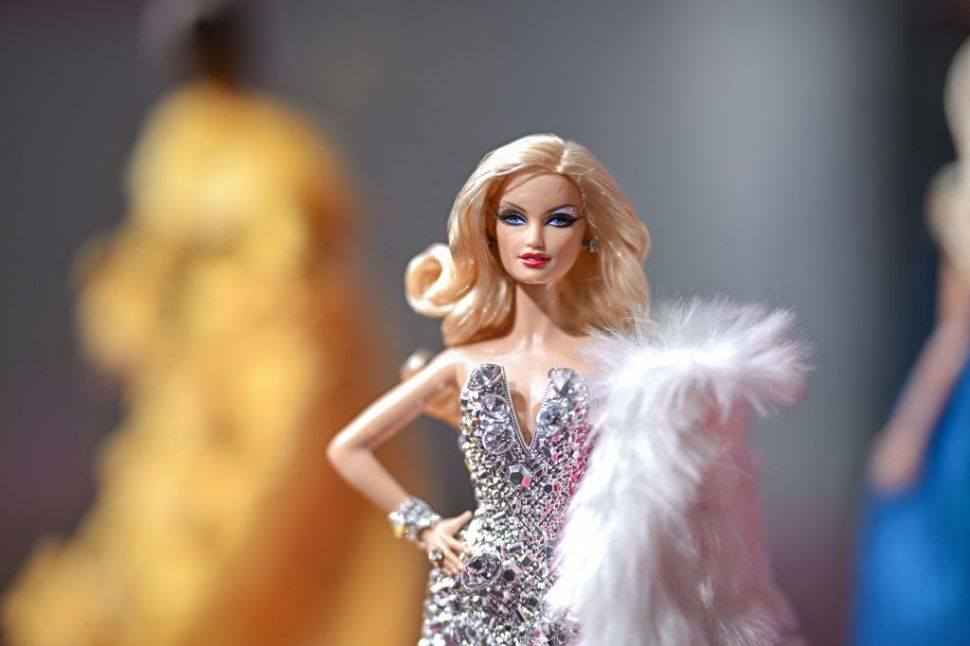Among President Trump’s long list of high tariffs imposed on goods from China—from 245 percent on needles and syringes to 170 percent on squid—there is one notable exception: zero tariff on children’s books. They qualify under one of the few tariff-exempt classes known as “informational materials.” In the children-product category, toys should also be exempt from tariffs, argued Ynon Kreiz, CEO of Mattel, the company behind Barbie, Hot Wheels and Fisher-Price.
“There should be zero tariff on toys, globally. Toys are a foundational part of children’s development. It plays to a fundamental human behavior,” Kreiz said during an onstage interview at semafor’s World Economy Summit in Washington D.C. today (April 24). “We believe that, given the roles toys play in society, they should be exempt from tariffs.”
Still, that’s a longshot that will likely require substantial lobbying. In the meantime, even if tariffs on Chinese goods remain high, Mattel is better positioned than many competitors, Kreiz noted.
Industrywide, roughly 80 percent of toys are made in China. Mattel, however, has reduced its dependence on Chinese manufacturing to around 40 percent. Today, only about 20 percent of Mattel products sold in the U.S. are made in China, according to Kreiz. The company now manufactures in seven countries, including Indonesia, Malaysia, Mexico and Thailand. These countries are currently subject to a 10 percent tariff and facing potentially steeper rates in three months if Trump’s “reciprocal” tariffs return. By 2027, Mattel aims to ensure that no single country accounts for more than 25 percent of its global production.
Kreiz, a former entertainment executive, has led a major turnaround effort since joining Mattel in 2018, focusing on IP monetization and brand storytelling. He has revitalized Mattel’s iconic brands like Barbie and Hot Wheels while pushing the company into film and television production, including the blockbuster Barbie movie released in 2023.
“Mattel has evolved from a toy manufacturing company that was making items to become an IP company that’s managing franchises,” Kreiz said. “Much of our business is about growing our core business and evolve beyond toys and capture the full value of our intellectual property.”

